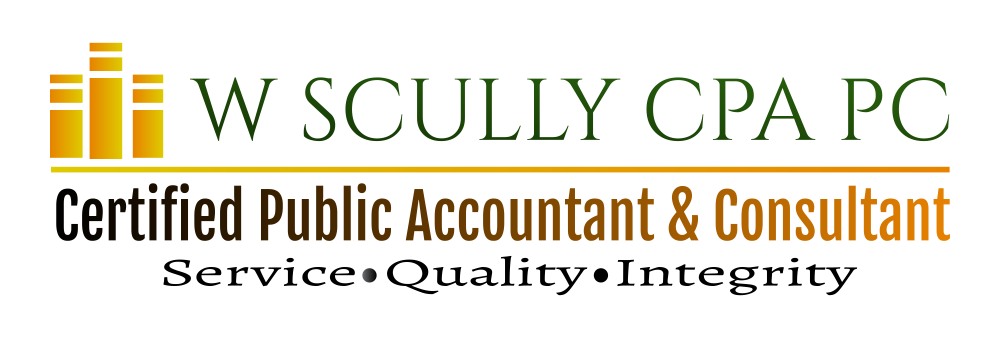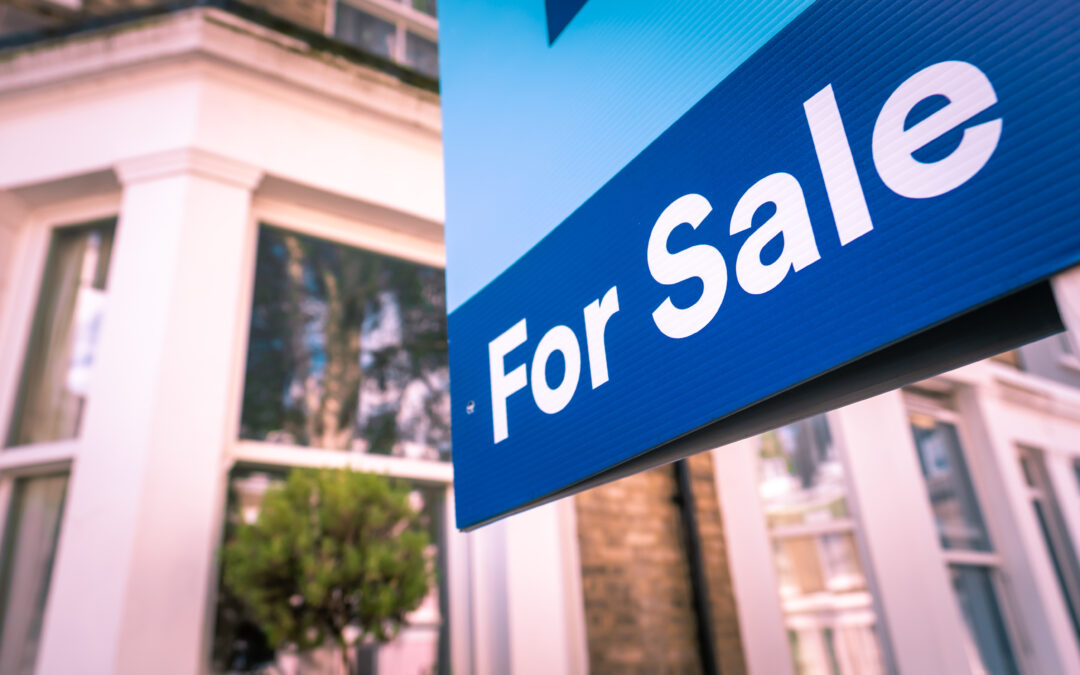
Real estate salespersons, their prospective clients and homeowners in Jamaica Queens, may wonder what tax deductions are available for property owners. The good news is that there are several deductions that can help reduce taxable income and save you money.
Mortgage Interest Deduction
One of the most significant tax deductions for homeowners and investors is the mortgage interest deduction. You can deduct the interest paid on your mortgage or home equity loan, up to $750,000 in mortgage debt. Pre-2018, the applicable mortgage debt was $1,000,000, which changed with the passage of the Tax Cuts and Jobs Act (TCJA). I mention this because many provisions of that Act are set to return to the 2017 rules. In any event, this deduction can be beneficial in the early years of your mortgage, because payments go to interest.
Property Tax Deduction
Another important deduction is the property tax deduction. You may wonder, what do these property taxes fund? Property taxes are used to fund many of our essential services, like schools, fire department, police and maintain roads.
If you are reading this, you probably don’t care about my previous statement. Likely, this can be a significant expense in Jamaica Queens. So, I am happy to inform you that you can deduct the amount you pay in property taxes. However, your deduction will be limited to $10,000. This is the so-called SALT or State and Local Tax deduction. Ensure you keep receipts or proof of payment, like canceled checks and Elctronic Funds Transfer info, to claim this deduction. And, if you didn’t know, you can view and pay your bill here: https://www.nyc.gov/site/finance/property/property-bills-and-payments.page.
I point to this because deciphering your escrow account may be difficult. That said, if you pay your own property tax bill, the bank does not need to reserve money for it. Here is a great ny.gov source discussing escrow accounts: https://www.dfs.ny.gov/consumers/help_for_homeowners/mortgage_escrow_accounts
Home Improvement Expenses
If you made any improvements last year, such as installing new windows or a deck, you may deduct these expenses. However, it’s important to note that these deductions are subject to certain limits and requirements. Yep, one such requirement is that you generally cannot deduct these expenses in the year you incur them. Instead, you are required to hold on to documentation supporting the deduction. Why? You will need that support to calculate your adjusted basis in the property. Not to delve too deep, “basis” is your cost plus or minus items that adjust it.
And, your improvements are one such item that will increase your basis. The higher your basis, the lower your capital gain (discussed in a previous blog post, found here: https://wscullycpa.com/jamaica-queens-real-estate-tax-tips/), which ultimately can lower your tax bill in the year you decide to sell that piece of real property. So, keep those receipts and invoices.
Energy-Efficient Upgrades
Homeowners in Jamaica Queens can also consider energy-efficient upgrades to their homes. I know firsthand that installing solar panels, energy-efficient windows, or a new furnace can save you money on your utility bills, but also provide tax credits. Back in 2018, a guy named Michael knocked on my door. He was a salesperson looking to sell me solar panels. I was a bit hesitant, but decided to hear him out.
I liked the pitch about reducing my carbon footprint, and I knew there was a federal tax break, but had not heard about New York’s tax break. This was important, because the IRS only offered a break if you purchased the panels. Of course, I was looking to lease. And, New York allowed and still allows a tax break for that. I confirmed what he said, and true enough, New York provided a credit (i.e., dollar-for-dollar tax reduction) for installing leased or purchased solar panels. At the time, I had no clients who had installed solar. In any case, for the past five tax years, I have saved almost $1,533 in state taxes.
On the federal side, homeowners can claim a credit for up to 10% of the cost of qualified energy-efficient improvements, up to a maximum credit of $500. Overall, you get a tax win on both federal and state taxes, because tax credits are huge, as they directly reduce your bill.
Home Office Expenses
My home office meets one of the key requirements, which is that the office space must be used “regularly and exclusively” for business. So, if you use a portion of your home as a dedicated office space, you may deduct a portion of your mortgage interest, property taxes, and utilities. However, as stated, this requires careful documentation and proof of usage. So, know your total square footage and the square footage of the actual space used for the office. This is required for the tax return, and just in case the IRS comes knocking. Yes, though unlike these days, the IRS has been known to show up unannounced at people’s homes to “check out their office space.”
Other Deductions
In addition to the above deductions, there are a few other expenses that investors and homeowners renting all or part of their home in Jamaica Queens, may deduct, including:
Homeowners insurance premiums: You can deduct the premiums paid for homeowners insurance, which protects your home from damage or loss.
Home maintenance and repair costs: You can deduct the cost of maintenance and repairs, such as plumbing and electrical work, painting, and roof repairs.
It’s important to keep accurate records of all expenses related to your home, including receipts, invoices, and proof of payment. And, as always, consult with a tax professional to ensure you’re taking advantage of all the deductions available to you. By maximizing your tax deductions, you can reduce your tax bill and enjoy the benefits of homeownership in Jamaica Queens. If your situation is complex or nuanced, consult with a tax professional. Find one here: (https://wscullycpa.com/about/), and stay ahead of the game when it comes to your taxes.
Are you a real estate professional and need help with your tax and accounting? I am here for you! Please contact Wayne Scully by e-mail at [email protected] or by phone at 718.938.4601.
Get a FREE! FREE! copy of Wayne’s book here: www.getmytaxbook.com.

